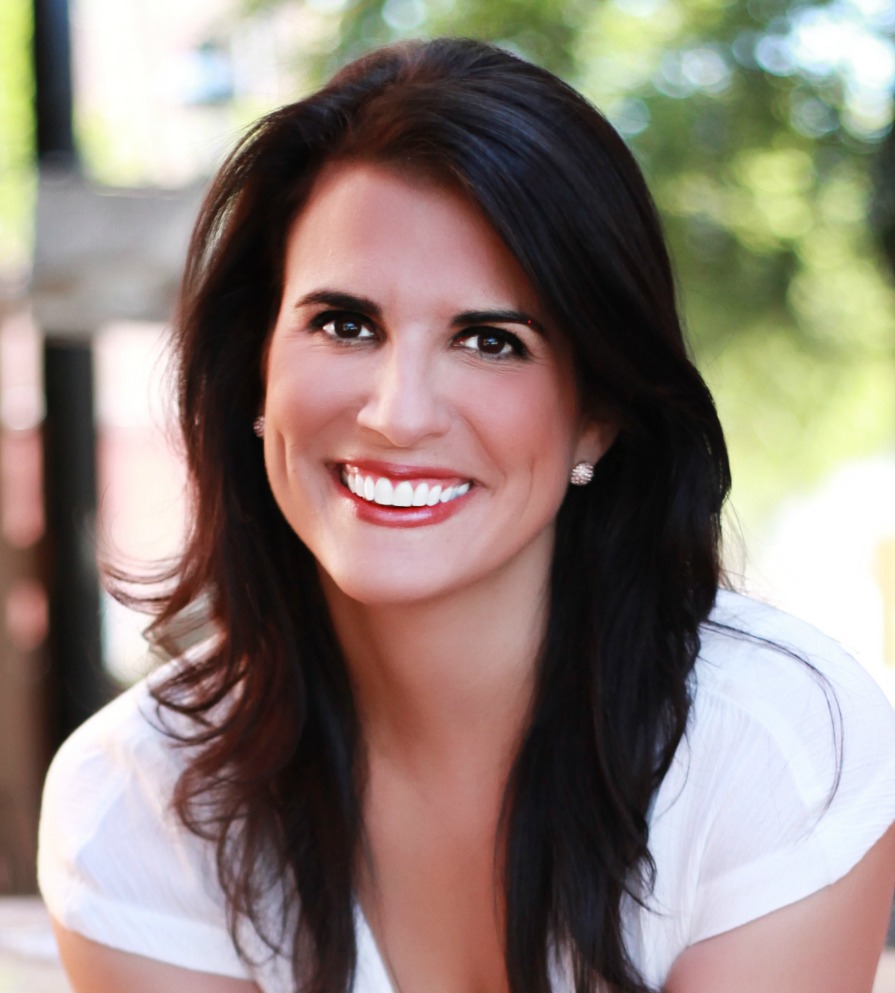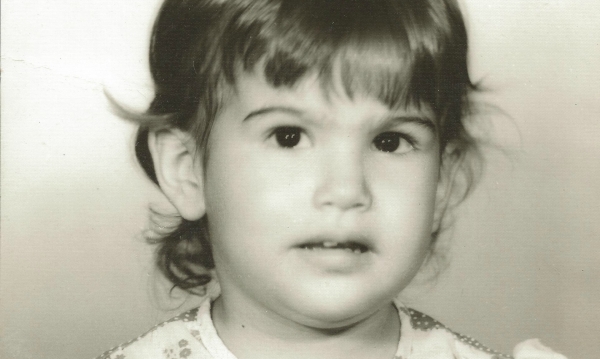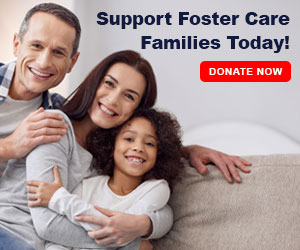I can vividly remember the day I came home from school and saw rug burns on my step mom’s face--I didn’t even have to ask, I knew she got those marks on her face because my dad had literally dragged her around our house.
They call us the “invisible victims of domestic violence.”
As a child witnessing violence between your caregivers, you feel trapped in a flux of wanting to help and needing protection. Also, you learn quickly in a home full of violence that whoever stands up to him (the abuser) first is going to be in serious trouble. Your punishment will be whatever he choses in that moment. It could be a hit, violent yelling, getting ignored for days like you don’t exist or all of those, simply for standing up to the violence.
For me, it’s surreal today to be helping victims and survivors of domestic violence.
But I have to admit, when I started my work in helping to serve domestic violence survivors, I focused on helping the children. When I began this journey 20 years ago, I was only 23 myself…still just a child essentially. It had only been six years since my dad had left, and I stopped living on the front lines of the violence. I was still harboring some anger with the invisible victim aspect of my childhood. I still had the mindset so many carry--she (my stepmother) was a grown woman, so it was her job to protect us. She had a choice, we didn’t. It took me several years to see her as a victim as well, and to truly understand what domestic violence looks like and why it happens.
Understanding the Why's
I understand why some people still don’t get it. I witnessed it daily and didn’t understand. For someone who isn’t affected by domestic violence and is hearing it from the outside, I see why it might be hard for them to understand.
Why doesn’t she leave?
Why was she with him in the first place?
Why isn’t she standing up for her children?
Why isn’t she leaving for her children?
Learning to understand domestic violence as an adult, who was no longer witnessing it daily, took some time and took a great deal of education. There are some amazing, intelligent, kind, giving, sweet women who fall into the hands of violent men. I stopped judging them. I also learned in working with victims and survivors of domestic violence, that many of these moms did stand up for their children. They did protect them and many took even greater abuse as the cost of that vigilance.
Another way I came to better understand domestic violence is by learning that domestic violence is often a consequence of the victim’s own adverse childhood experiences.
Learning more about the abusers and their patterns, also helped me understand and sympathize with adult victims of domestic violence. More often than not, the abuser is not abusive at the start of the relationship. In fact, they present as quite the opposite. They seem charming, loving, and insure that their victims trust and love them fully before they begin the abuse. It’s part of the abuser’s plan to get their victims to stay. In fact, one in six abused women report that their partners first began abusing her during pregnancy! The abusers fear that they are losing their victim’s love to this new baby, and it is too much for them to tolerate.
I learned how many abusers hold their partners hostage by ensuring they can't access finances. They prevent their partners from working, making sure they know if they leave, they won’t be able to find a job. The abusers hold that fear of being homeless and jobless over their victim’s heads.
The Invisible Victim
Now, as a survivor of child abuse and witnessing domestic violence, I get to educate women on why leaving is so vital for not just themselves, but for the well-being of their children.
Children don’t have to be touched to be traumatized or victimized. Experts say the trauma experienced when children witness domestic violence between their parents, can often be as traumatic as experiencing abuse themselves. Researchers have found that the children who grow up around domestic violence tend to experience higher levels of anger, hostility, disobedience and withdrawal. Criminal studies have shown that witnessing violence is the single best predictor of juvenile delinquency and adult criminality.
In Arizona, a child witnesses a domestic violence incident at home every 44 minutes. Today, as a survivor and an advocate, I’m blessed to be able to help so many of those children and their mothers. Today, I work to educate our communities to answer those “why's” in hopes that we can educate our communities on the importantance of understanding abusers' patterns, in hopes that we can prevent young girls from entering domestic violence relationships at all.
I’m so proud of our domestic violence tip cards, and how they have literally saved lives when women can recognize that they are indeed in a domestic violence relationship, and then follow our safety plan to leave that abuser.
Healing the entire family and helping them leave their violent homes is possible. I’m blessed to get to be a part of that process.
* I write about female victims, but I think it’s important to mention that indeed sometimes men are the victims of adult domestic violence.
 Jessica Nicely is a passionate advocate for child abuse prevention, awareness and treatment. A survivor of child abuse, Jessica founded her own non-profit 501c3, Winged Hope Family Advocacy Foundation,dedicated to child abuse and domestic violence prevention, awareness and treatment. A graduate of Arizona State University, Jessica's memoir All My Friends Are Zeros: My Secret to Overcoming Adverse Childhood Experiences is available at all online booksellers. For more than 20 years, listeners in schools, conferences, law enforcement and more have been inspired by Jessica’s journey of resiliency and hope,shared with the goal of impacting survivors of child abuse and domestic violence worldwide.
Jessica Nicely is a passionate advocate for child abuse prevention, awareness and treatment. A survivor of child abuse, Jessica founded her own non-profit 501c3, Winged Hope Family Advocacy Foundation,dedicated to child abuse and domestic violence prevention, awareness and treatment. A graduate of Arizona State University, Jessica's memoir All My Friends Are Zeros: My Secret to Overcoming Adverse Childhood Experiences is available at all online booksellers. For more than 20 years, listeners in schools, conferences, law enforcement and more have been inspired by Jessica’s journey of resiliency and hope,shared with the goal of impacting survivors of child abuse and domestic violence worldwide.





